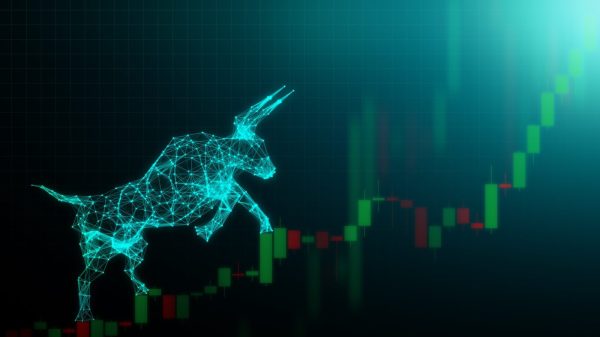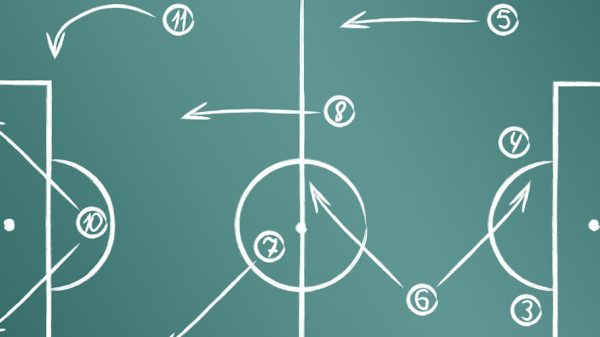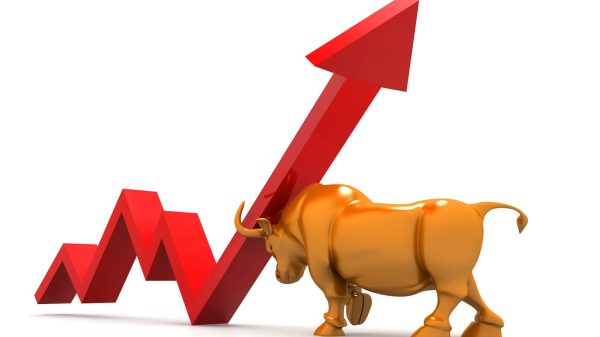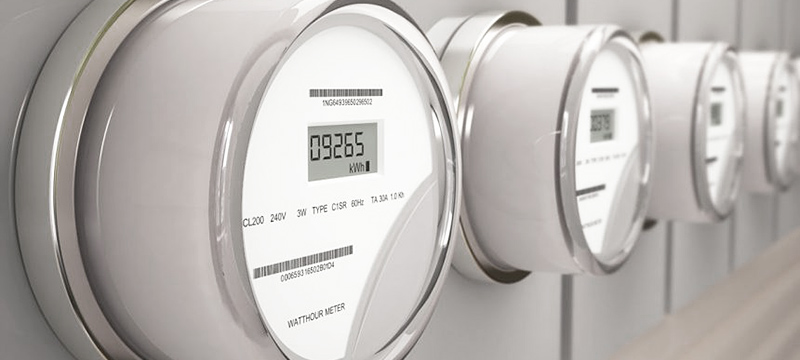The energy landscape is evolving, and with it comes the transformation of utility services through the integration of the Internet of Things (IoT). Smart metering applications have emerged as a cornerstone of this change, revolutionizing the way energy consumption is monitored and managed. In this article, we will explore the pivotal role of IoT in smart metering, its key applications, benefits, challenges, and the promising future it holds for efficient resource management.
The IoT Revolution in Smart Metering
Smart metering represents a shift from traditional utility services to digital, data-driven systems. IoT is a key enabler in this transition, facilitating the collection, analysis, and management of energy consumption data in real time.
Key Applications of IoT in Smart Metering
1. Advanced Metering Infrastructure (AMI)
IoT technology forms the backbone of Advanced Metering Infrastructure, enabling the remote reading of utility meters. This includes electricity, water, and gas meters. Smart meters equipped with communication modules relay data to utility providers without the need for manual meter readings.
2. Real-Time Monitoring
IoT allows for real-time monitoring of energy consumption patterns. Consumers and utility providers can track usage patterns, detect anomalies, and make timely decisions based on this data.
3. Demand Response
IoT plays a crucial role in demand response programs. Utilities can remotely adjust energy consumption for specific appliances or entire households during peak demand periods. This helps balance the load on the grid and reduces the risk of blackouts.
4. Billing Accuracy
Smart metering applications ensure accurate billing based on real consumption data rather than estimates. This promotes transparency and minimizes billing disputes.
5. Environmental Sustainability
IoT in smart metering supports sustainability initiatives by monitoring and managing resource consumption. This reduces energy waste and promotes responsible energy use.
6. Prepaid Utility Services
IoT-enabled meters can be used for prepaid utility services. Consumers can prepay for energy, and the meter system will automatically disconnect the service when the prepaid balance is depleted.
7. Remote Disconnect and Reconnect
Utility providers can remotely disconnect and reconnect service, eliminating the need for physical interventions and improving operational efficiency.
8. Energy Analytics
IoT in smart metering applications provides valuable data for energy analytics. Utilities and consumers can gain insights into consumption patterns, identify areas for improvement, and make informed decisions about energy use.
Benefits of IoT in Smart Metering
The integration of IoT in smart metering offers numerous advantages:
1. Improved Accuracy
Smart meters equipped with IoT technology provide precise data, eliminating estimation errors in billing.
2. Enhanced Efficiency
IoT-enabled smart metering applications reduce the need for manual meter readings, streamlining the process and freeing up resources for other tasks.
3. Cost Savings
The efficient use of resources and real-time data analysis leads to cost savings for both consumers and utility providers.
4. Reduced Energy Waste
IoT technology enables better monitoring and management of energy use, leading to reduced energy waste and more sustainable consumption.
5. Demand Management
IoT supports demand management by allowing utilities to adjust consumption during peak periods, ensuring the stability of the grid.
6. Enhanced Customer Experience
Real-time monitoring and transparency in billing improve the customer experience by putting consumers in control of their energy use.
7. Sustainability
IoT in smart metering is aligned with sustainability goals by promoting responsible energy use and environmental conservation.
Challenges and Considerations
While IoT in smart metering applications offers numerous benefits, it also poses challenges and considerations:
1. Data Security and Privacy
Collecting and transmitting sensitive consumption data raise concerns about data security and privacy. Robust security measures must be in place to protect consumer information.
2. Data Transmission
Reliable data transmission is crucial for accurate readings and analysis. Ensuring that IoT devices are connected and functioning correctly is essential.
3. Compatibility
IoT devices and systems must be compatible and standardized to ensure seamless data exchange and integration. Common protocols and standards are necessary for achieving this.
4. Regulatory Compliance
Smart metering applications must adhere to regulatory requirements, particularly regarding data protection, billing accuracy, and service disconnection protocols.
5. Consumer Engagement
Effective implementation requires consumer education and engagement to ensure that consumers understand the benefits and are comfortable with the technology.
The Future of IoT in Smart Metering
As technology continues to advance, the future of IoT in smart metering looks promising. Here are some trends and developments to watch for:
1. Blockchain Technology
Blockchain can enhance the security and integrity of smart metering data, ensuring data accuracy and privacy.
2. AI and Machine Learning
AI and machine learning will be used to analyze vast amounts of consumption data, providing insights into patterns and optimizing energy use.
3. Edge Computing
Edge computing will enable data processing closer to the source, reducing latency and ensuring real-time monitoring and response.
4. Energy Storage Integration
IoT-enabled smart metering will integrate with energy storage solutions, allowing consumers to optimize their use of renewable energy sources and reduce dependence on the grid.
5. Electric Vehicle Charging
Smart metering will support electric vehicle charging infrastructure, enabling convenient and efficient charging for electric vehicles.
Conclusion
The Internet of Things is transforming smart metering, offering precise data collection, enhanced efficiency, and sustainability. Challenges related to data security, compatibility, and consumer engagement must be addressed to ensure that the benefits of IoT in smart metering applications are fully realized.
As IoT technology continues to evolve, it will remain a driving force in the utility sector, offering a glimpse into a future where energy consumption is more transparent, efficient, and sustainable, ultimately benefitting both consumers and the environment.
The post Powering Efficiency: IoT in Smart Metering Applications appeared first on IoT Business News.
























